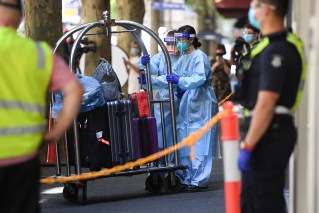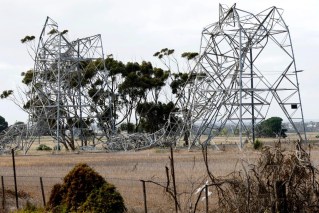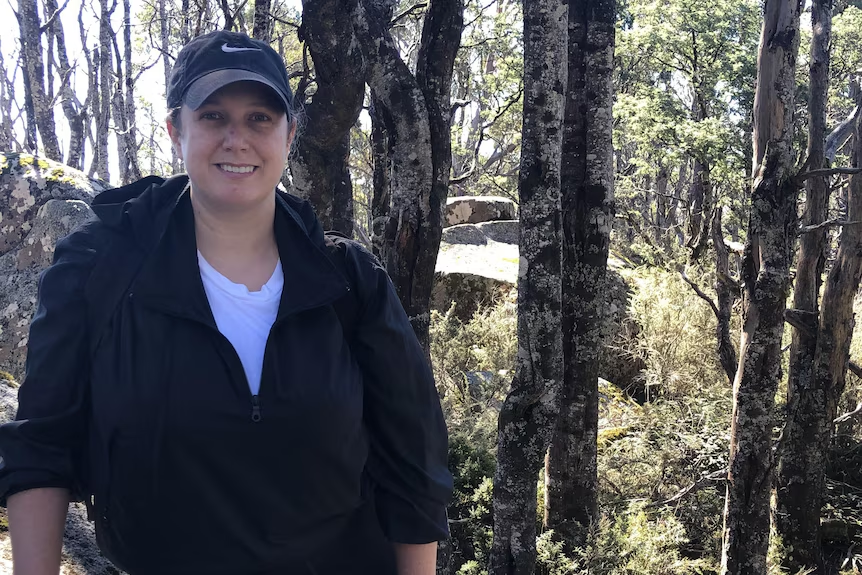End of time limits on reporting abuse
Members of the clergy who come into contact with children will be required to undergo a working with children check, as part of the Victorian Government’s response to the Betrayal of Trust report, the parliamentary inquiry into child abuse.
Under the changes, all schools will be made to implement policies for responding to child abuse allegations, and organisations that deal with children will be made to adopt minimum child safe standards.
A new reportable conduct scheme will be introduced requiring organisations to centrally report allegations of child abuse to the Commission for Children and Young People.
The Government will remove what it calls “inappropriate time limitations” on victims seeking access to compensation through civil law.
Victorian Premier Denis Napthine says the change will mean organisations can no longer hide behind time limits for bringing forward a compensation claim.
“We put the interests of victims and people affected by abuse first and we will not have statutory time limits being used as a defence or hiding mechanism for organisations,” he said.
The Government has set aside $10 million to pay for the changes.
But the changes did not have a silver lining for all affected, with a peak body representing abuse victims saying vulnerable women will still be dragged before the courts as a result of the new child sex abuse reporting requirements.
The laws make it an offence for people to fail to tell police about suspected child sex abuse but Dr Napthine says there will be exemptions for people who fear making a report could imperil a life – either the child’s or their own.
He said his government had “got the balance right” by introducing compulsory reporting, while recognising its potential to trigger inter-family violence.
But Victoria’s Federation for Community Legal Centres says the new laws have instead failed families enduring domestic violence, as vulnerable women would still have to go to court to defend themselves.
“It’s not an exemption – it’s a defence, which is different,” said Dr Chris Atmore, who works as a senior policy adviser at the centre.
“It is still an offence, potentially, for a woman in a family violence situation to fail to disclose but then there’s a defence they can raise.
“They can still be charged and tried … they still have to go through the legal process in order to defend themselves.”
Dr Atmore said that in US states with similar laws there were cases in which women were reported by their male partners for failing to report his sexual abuse of a child.
The new laws could have a chilling effect, Dr Atmore said, resulting in fewer reports of child sexual abuse within families.
“We should be supporting women to disclose rather than criminalising women who don’t,” Dr Atmore said on Thursday.
Under the new laws, which have passed Victoria’s lower house, people would face up to three years jail for failing to report a case of child sexual abuse.
It is up to five years for a person in authority who fails to report.
Dr Atmore does support compulsory reporting for people in authority, such as church and government-run institutions.








